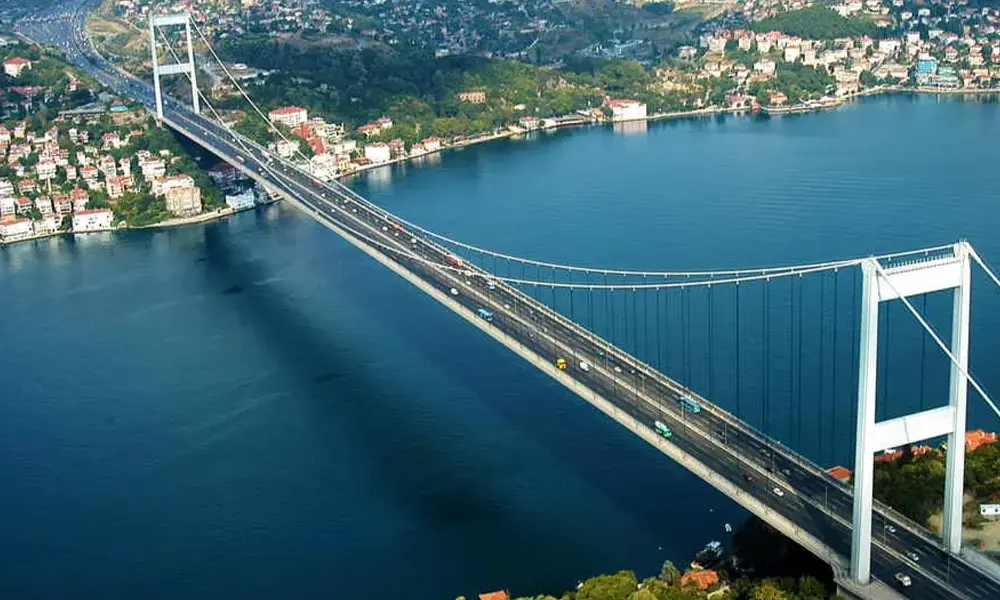Cricket Diplomacy: How Sports Build Bridges Between Nations

In the realm of international relations, where tensions often simmer and conflicts loom large, cricket stands as a shining example of the power of sports to transcend borders and foster diplomacy. From historic matches that defused political tensions to the role of cricketing icons as cultural ambassadors, the gentleman's game has long served as a potent tool for diplomacy, uniting nations in a shared love for cricket and forging bonds of friendship and understanding that transcend geopolitical divides.
The Birth of Cricket Diplomacy: India and Pakistan
Few examples illustrate the transformative potential of cricket diplomacy better than the rivalry between India and Pakistan. Despite decades of political animosity and conflict, cricket has provided a rare opportunity for dialogue and reconciliation between the two nations. From the historic 2004 tour of Pakistan by the Indian cricket team to the resumption of bilateral cricketing ties in 2021, cricket has served as a catalyst for thawing tensions and fostering people-to-people contact across the India-Pakistan border.
The Apartheid Era: Cricket's Role in South African Reconciliation
During the dark days of apartheid in South Africa, cricket emerged as a beacon of hope and resistance against racial segregation. The exclusion of non-white players from the national team prompted widespread international condemnation and calls for sporting boycotts, ultimately contributing to the dismantling of apartheid and the establishment of a more inclusive and equitable society. The iconic image of Nelson Mandela donning a Springbok jersey during the 1995 Rugby World Cup final remains a powerful symbol of cricket's role in South African reconciliation.
Cricketing Diplomats: Ambassadors of the Gentleman's Game
Beyond its geopolitical implications, cricket diplomacy is also embodied by the players themselves, who serve as cultural ambassadors and goodwill emissaries for their nations. From Sachin Tendulkar's legendary status in India to Wasim Akram's iconic presence in Pakistan, cricketing icons have transcended sporting stardom to become symbols of national pride and unity, fostering connections and forging friendships across borders.
Beyond the Pitch: Cricket's Global Impact
Cricket diplomacy extends far beyond the realm of international matches and bilateral tours, encompassing a wide range of initiatives and collaborations aimed at promoting peace, development, and social cohesion. From cricket-for-change programs that empower marginalized communities to intercultural exchanges that promote understanding and tolerance, cricket has the power to break down barriers and build bridges between nations in ways that transcend politics and ideology.
Looking Ahead: Harnessing the Power of Cricket Diplomacy
As we navigate an increasingly complex and interconnected world, the importance of cricket diplomacy as a tool for diplomacy and peacebuilding has never been greater. By harnessing the power of sports to foster dialogue, promote mutual understanding, and bridge divides, cricket has the potential to transcend borders and unite nations in a shared pursuit of peace, prosperity, and progress.
Conclusion: Cricket's Enduring Legacy as a Force for Good
In a world often divided by conflict and discord, cricket stands as a beacon of hope and unity, reminding us of the transformative power of sports to inspire change and transcend differences. From the cricket fields of India and Pakistan to the townships of South Africa, cricket diplomacy continues to serve as a testament to the enduring legacy of the gentleman's game as a force for good in the world. So, the next time you hear the crack of a bat or the roar of a crowd, remember that cricket is not just a game—it's a symbol of peace, friendship, and diplomacy that has the power to change lives and shape destinies for generations to come.

